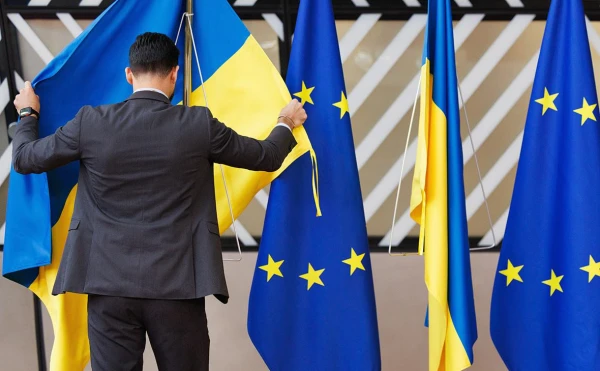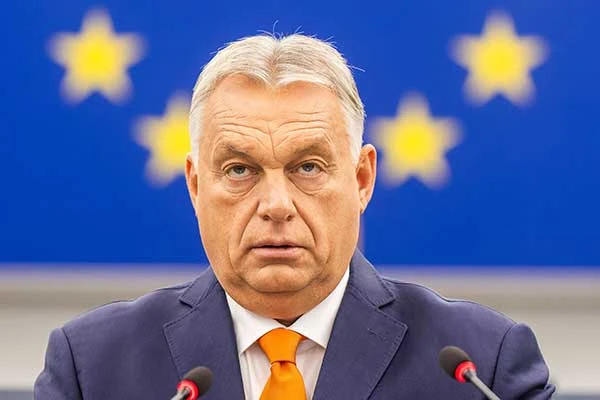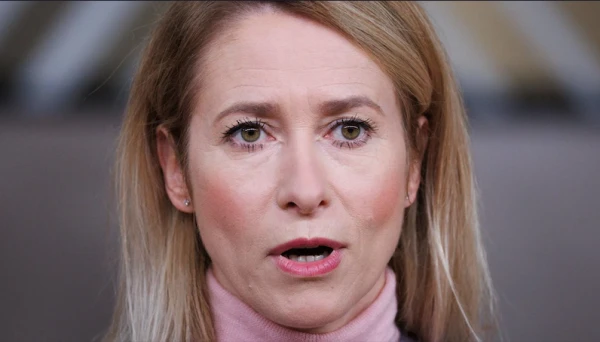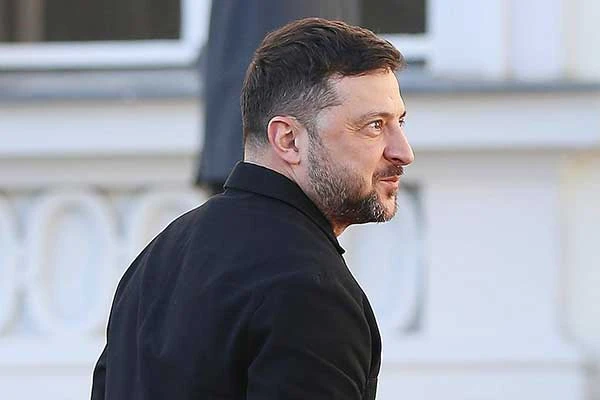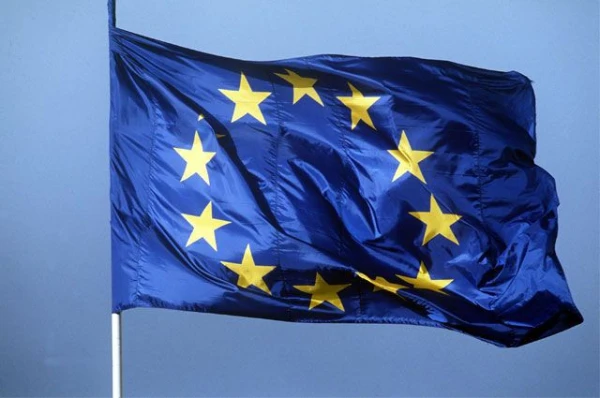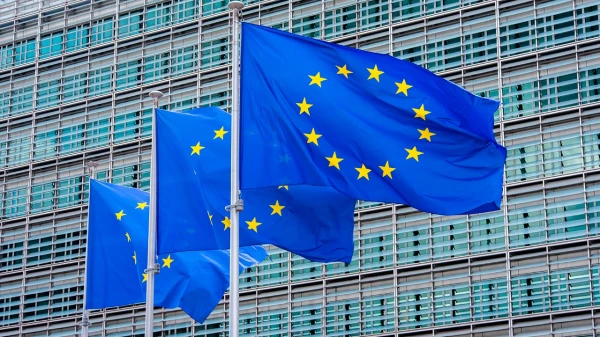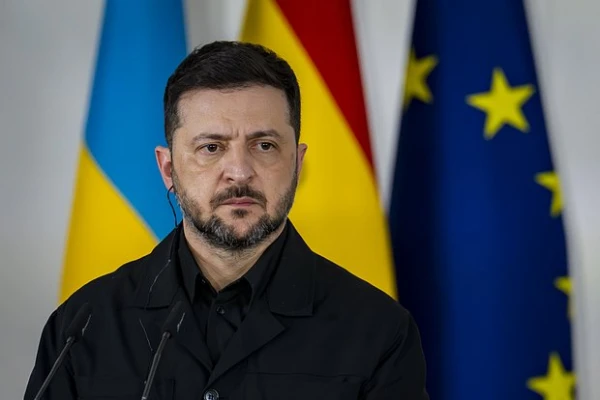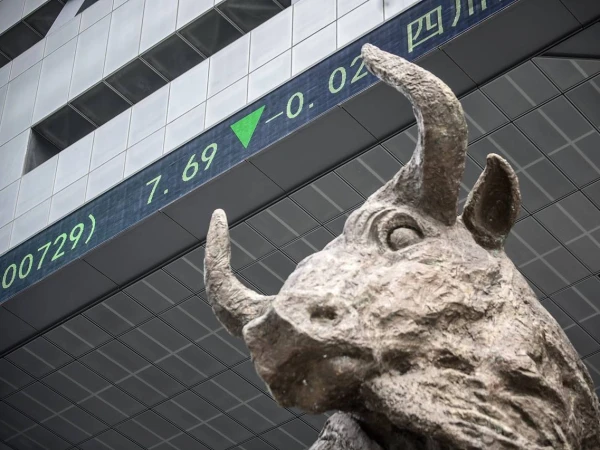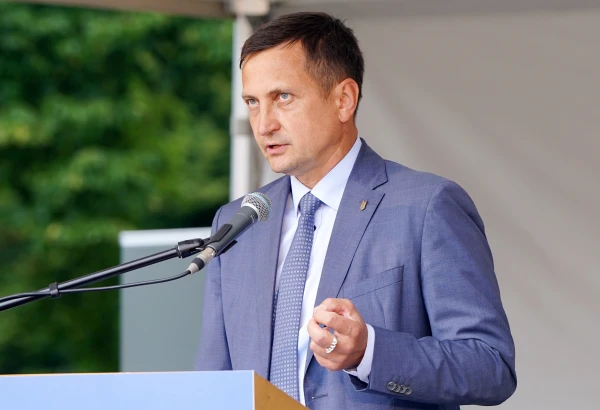
To weaken the pro-Russian regime ruling in Georgia, it is extremely important for the West not to turn away from Georgia and to continue applying external pressure on it, said Nino Kalandadze, Executive Director of the Chavchavadze Center for European Studies and Civic Education and former Deputy Minister of Foreign Affairs of Georgia, in an interview with LETA during the security and foreign policy forum 'Riga Conference 2025'.
She urged the West not to lose interest in Georgia and not to ignore what is happening in the country.
"It should not be assumed that now, in a geopolitical sense, attention should be focused exclusively on Armenia and Azerbaijan, as the essence of the situation in the Caucasus has not changed. Shifting the focus only to those countries that are currently politically oriented towards the West will not be beneficial. From a geographical perspective, ignoring Georgia will also slow down the movement of these countries towards the West," Kalandadze stated.
She acknowledged that it is difficult to influence the regime of oligarch Bidzina Ivanishvili, who represents Russian interests, from the outside, but one cannot turn away from Georgia, "simply pretending that it is more convenient not to notice this part of the world right now."
Kalandadze emphasized that it is necessary to consistently and effectively continue what the West is doing regarding Russia — weakening it and its influence, with the aim of eventually changing the Kremlin's mindset so that Russia no longer sees itself as an imperial power capable of maintaining influence in the region indefinitely. According to her, this will help the countries in the region free themselves from Russian influence and restore good neighborly relations, which is important both economically and in terms of security.
By external pressure on the Ivanishvili regime, she means not only visa bans but also real financial sanctions against key representatives of power and those who ensure the functioning of this system, including its financing.
In her opinion, the short-term strategy for restoring the balance of power is to weaken the current system while simultaneously strengthening democratic forces within the country. In the medium term, it is important to support civil society representatives and the youth who are currently seeking refuge abroad and striving to leave the country. It is necessary for these people to be ready to return and contribute when the next opportunity arises.
"It is clear that this is a very long game, where much depends on geopolitical circumstances. From my perspective, I would like the West to be prepared for such a long-term game — they need a clear and consistent strategy towards the region so that they can take advantage of the next opportunity when it arises," Kalandadze emphasized. She added: "I believe that Georgia is not yet lost to the democratic West. However, time is running out, and the question of whether Georgia will remain democratic and whether the West and Tbilisi can maintain their alliance largely depends on how quickly and consistently the Western countries themselves will act."
Among the positive factors, she noted that there is now a dominant understanding in Europe: Russia is the enemy.
"This is a very positive and strong political decision. There is a clear understanding that Ukraine must win this war, and that Russia has far-reaching geopolitical goals in this region. It is also very important that the West has not legitimized the 'Georgian Dream' government, perceiving it as a puppet of Russia, against which sanctions should be applied," she emphasized.
Among the most active supporters of such a policy, she named the United Kingdom and several other European states, also noting active support from Eastern Europe.
"This is precisely the factor that, I hope, will soon bear fruit, help us continue to resist, regain power, and ultimately bring Georgia back on the path to democracy," Kalandadze stated.
According to her, the long-standing question of why the West should care about Georgia has completely lost its meaning. After Russia's invasion of Ukraine, it became clear that the stability and security of the Black Sea region, including the Caucasus, is crucial for the security and stability of all of Europe. What is happening in Georgia is primarily a geopolitical issue, she emphasized.
"Given the new geopolitical dynamics in the region, where Azerbaijan and Armenia have largely managed to free themselves from Russian influence, it is vital for Moscow to maintain influence through Georgia. Russia needs a strategic corridor in this region, and it can use Georgia as a buffer zone for bargaining with the West. Therefore, it is critically important for it to hold onto Georgia. This can be done by pushing the West out of the region — that is exactly what Ivanishvili is doing — and keeping a completely corrupt criminal group in power that provides Russia with everything it needs. The simplest way to control Georgia is through a corrupt, dependent, and obedient leadership, and that is exactly what Ivanishvili ensures," Kalandadze concluded.

